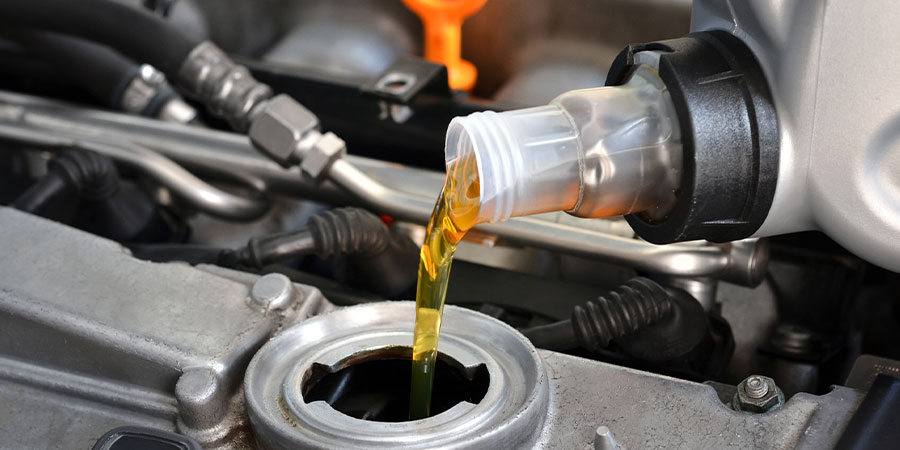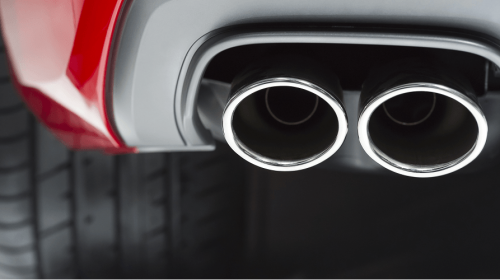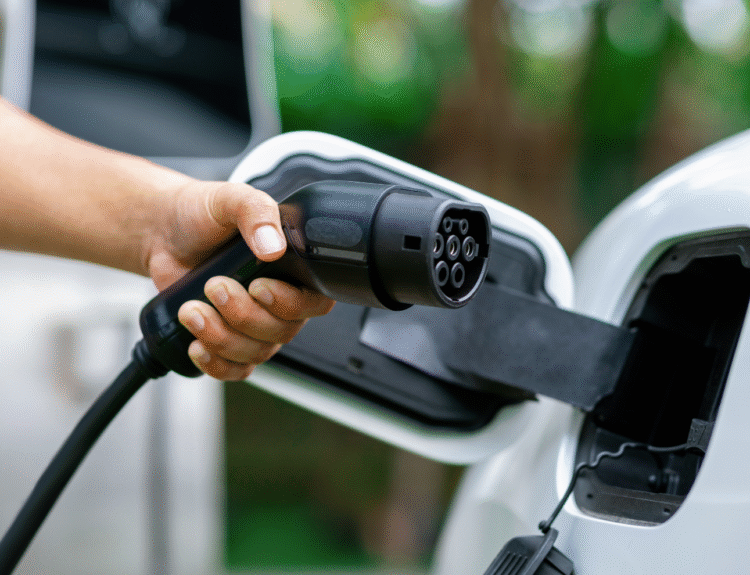Maintaining your car’s engine in optimal condition is essential for ensuring longevity, reliability, and performance. A well-maintained engine not only improves fuel efficiency but also helps avoid costly repairs. Here are the top 10 tips to keep your car’s engine running smoothly.
1. Regular Oil Changes
Engine oil lubricates the moving parts inside the engine, reducing friction and preventing wear. Over time, oil degrades and becomes contaminated with dirt and debris. Changing your engine oil and oil filter regularly, as recommended by your vehicle manufacturer, is crucial for engine health and efficiency.
2. Monitor and Replace Air Filters
The air filter prevents dirt, dust, and debris from entering the engine. A clogged or dirty air filter restricts airflow, reducing engine performance and fuel economy. Inspect your air filter regularly and replace it as needed to ensure your engine breathes clean air.
3. Check and Maintain Coolant Levels
The coolant system regulates engine temperature, preventing overheating. Low or contaminated coolant can cause your engine to run hot, leading to severe damage. Routinely check coolant levels and top off or flush the system according to your vehicle’s maintenance schedule.
4. Inspect Belts and Hoses
Belts and hoses are vital for the engine’s operation, powering components like the alternator, water pump, and air conditioning. Over time, they can crack, fray, or become brittle. Regular inspection and timely replacement prevent breakdowns and engine damage.
5. Keep Fuel System Clean
A clean fuel system ensures efficient combustion and engine performance. Using high-quality fuel and occasionally adding fuel system cleaners can prevent buildup of deposits in the fuel injectors and intake valves, keeping the engine running smoothly.
6. Regularly Check Spark Plugs
Spark plugs ignite the air-fuel mixture in the engine cylinders. Worn or fouled spark plugs can cause misfires, reduced power, and poor fuel economy. Inspect and replace spark plugs as recommended to maintain optimal engine performance.
7. Avoid Frequent Short Trips
Short trips prevent the engine from reaching its ideal operating temperature, causing condensation and sludge buildup. Whenever possible, combine errands or take longer drives to allow the engine to warm up fully, which helps keep internal components clean.
8. Maintain Proper Tire Pressure
Though indirectly related, maintaining correct tire pressure reduces engine strain by improving fuel efficiency and handling. Under-inflated tires force the engine to work harder, increasing wear and fuel consumption.
9. Use Recommended Engine Oil Grade
Using the correct grade of engine oil as specified in your vehicle’s manual ensures proper lubrication under various temperatures and driving conditions. Using an improper oil type can lead to reduced protection and increased engine wear.
10. Regular Professional Inspections
Even with diligent care, professional inspections are vital. Mechanics can detect early signs of engine problems that may not be obvious to drivers. Routine diagnostics and maintenance help catch issues before they escalate into major repairs.








